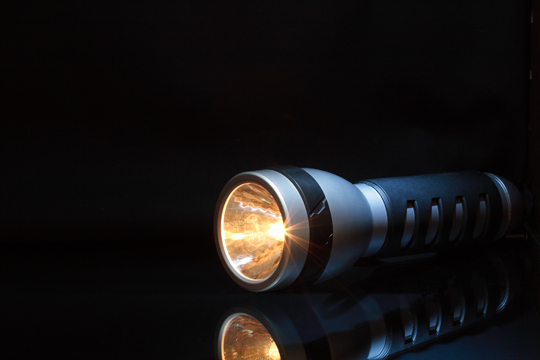If you already have a Milestone Solar system with battery backup, you can skip most of this, because it won’t apply to you.
teplakova suprava panska
villapalmeraie.com
teplakova suprava
thepolarispetsalon.com
teplakova suprava panska
teplakova suprava
teplakova suprava panska
teplakova suprava panska
modré sandály na podpatku
bundy kilpi damske
modré sandály na podpatku
thepolarispetsalon.com
tutobon.com
teplakova suprava
villapalmeraie.com
villapalmeraie.com
teplakova suprava
thepolarispetsalon.com
teplakova suprava panska
teplakova suprava
teplakova suprava panska
teplakova suprava panska
modré sandály na podpatku
bundy kilpi damske
modré sandály na podpatku
thepolarispetsalon.com
tutobon.com
teplakova suprava
villapalmeraie.com
Your sealed, high-tech battery backup bank will be storing up electric power with every ray of the sun (and recharging every day) – enough power to keep your essential appliances going until the power comes back on, even if that’s days, even weeks, later.
For everyone else, the following pointers from the Red Cross can be important. That big pre-Thanksgiving storm was only the beginning of the snowstorm season. Once winter officially arrives, there’s be more snow, causing more icing up on power lines, more breaks and more outages.
Food Safety
- If a power outage is 2 hours or less, don’t worry about losing your perishable foods.
- Don’t open your refrigerator and freezer doors unless you have to. Use perishable food from the refrigerator first. An unopened refrigerator will keep foods cold for about 4 hours.
- After perishables from the refrigerator are gone, then use food from the freezer. A full freezer will keep the temperature for about 48 hours (24 hours if it is half-full) if the door stays closed.
- Use your non-perishable foods and staples after you’ve eaten all the food from the refrigerator and freezer.
- If it looks like the power outage will continue beyond a day, get ice from an unaffected area and prepare a cooler for your freezer items.
- Keep food in a dry, cool spot and keep it covered at all times.
Electrical Equipment
- Turn off and, if you can, unplug every electrical appliance that was on when the power went out – particularly sensitiver electronics like computers. This will protect them from surges and spikes when the power returns.
- Leave one light plugged in, so you’ll know when the power’s back.
- If you absolutely have to drive, drive extra carefully. Remember that traffic lights and street lights are electric, so they’ll also be out.
Fire and Carbon Monoxide Cautions
- Unlike a backup battery bank, generators, grills, camp stoves and other devices that burn gasoline, propane, natural gas or charcoal can emit toxic exhaust fumes or cause fires. So don’t use them in your home, garage, basement, crawlspace or other enclosed areas. And if you use them outside, use them away from doors, windows and vents that could let the exhaust indoors.
- Install carbon monoxide alarms in central locations on each floor and also outside bedrooms. That way, you’ll have warning when deadly carbon monoxide starts building up.
- If a carbon monoxide alarm goes off, quickly move to where there’s fresh air – outdoors or by an open window or door.Once you’re there, stay there. Call for help and remain there until emergency help arrives.
After the Blackout
- Watch out for downed power lines. Don’t touch them, keep your kids and pets away from them, and report them.
- Throw away any food that’s been exposed to temperatures higher than 40° F (4° C) for 2 hours or more, or that has an unusual odor, color or texture. When in doubt, throw it out!
- Remember that food that looks all right and smells all right may not be all right. When they’ve been too warm too long, bacteria can start growing quickly. Many of these bacteria carry food-borne illnesses, and some produce toxins that even cooking can’t destroy.
- If food in your freezer is colder than 40° F and has ice crystals on it, you can refreeze it.
- If you’re not sure food is cold enough, take its temperature with a food thermometer.




